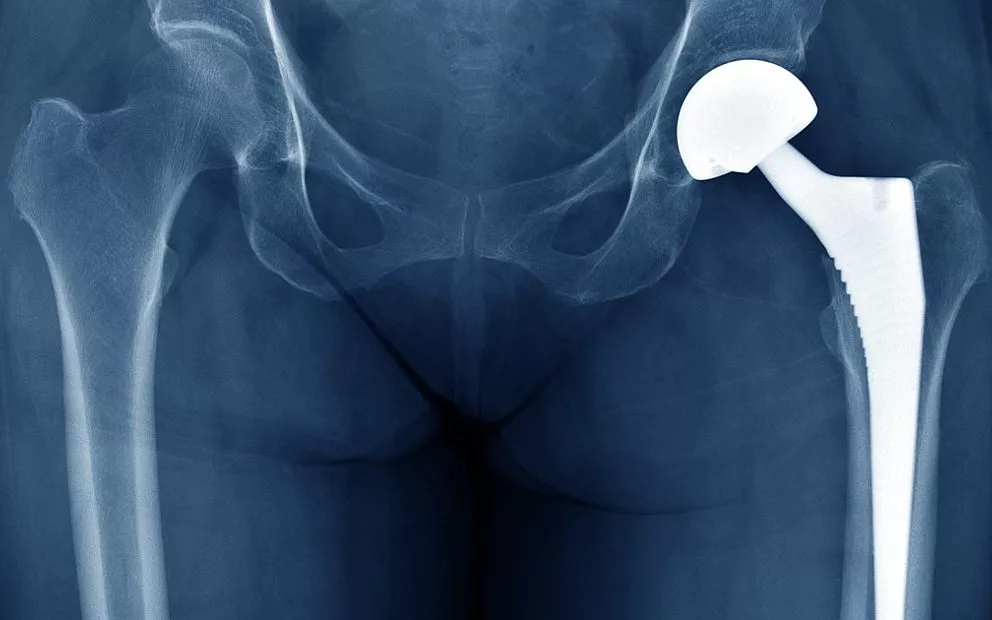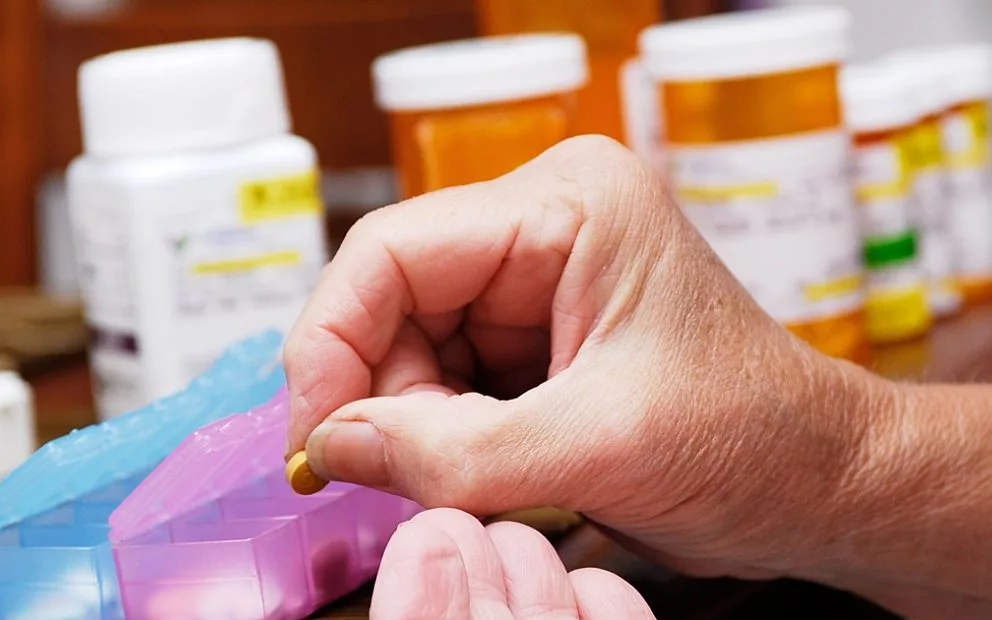The Australian Orthopaedic Association (AOA) is pleased to announce a new partnership with the South Australian Health and Medical Research Institute (SAHMRI) and the University of South Australia (UniSA) to deliver the next era of contemporary and leading edge registry management services for the benefit of Australia's 1500 orthopaedic surgeons, their patients and the Australian community.
Each year more than 100,000 joint replacement operations are performed in Australia and recorded by the Australian Orthopaedic Association’s National Joint Replacement Registry (AOANJRR), which was established in 1999 with the express purpose of improving and maintaining the quality of care for joint replacement patients. The information on hip, knee, shoulder, elbow, wrist, ankle and spinal disc replacement is collected from all hospitals in Australia undertaking joint replacement surgery, making it the premier registry in Australia and world’s best practice in the global medical community.
AOA President John Tuffley said the partnership forms part of AOA's strategic direction, “to maintain and improve the global leadership of the registry and the contemporary data management services required domestically and globally in the next decade.
“The engagement with SAHMRI and UniSA will be a dynamic, collaborative and high performance initiative designed to lead the world in registry management. It is also expected to form the basis of a model that might be adopted in other academic and registry collaborative arrangements.
“The partnership reaffirms South Australia as a State supporting high quality medical research. South Australia has long supported and fostered an environment where Australian researchers build their careers and undertake world-leading research.
“AOA is extremely excited to be working with SAHMRI and UniSA and is looking forward to continue to deliver quality registry services that benefit the entire Australian community.
“AOA would also like to acknowledge the pioneering contribution from the University of Adelaide’s Data Management and Analysis Centre, whose service over 15 years has provided a solid evidence base from which to further develop and grow the registry, that is now globally recognised by peers as a best practice registry with over 1 million joint procedures recorded,” Dr Tuffley said.


